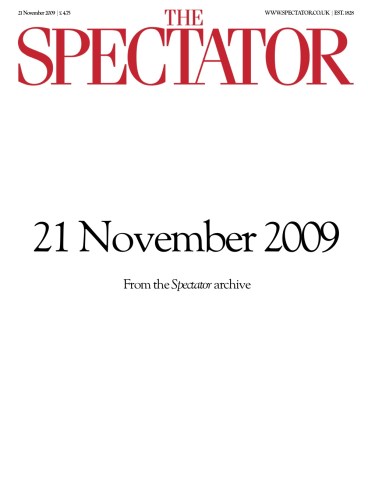The peace to end all peace
The first world war was the last major conflict to be brought to an end in the traditional fashion, with a formal treaty of peace. Or, rather, several treaties of peace, one for each of the defeated belligerents. They were all negotiated in Paris, but named after the various royal palaces in which the signing

